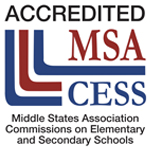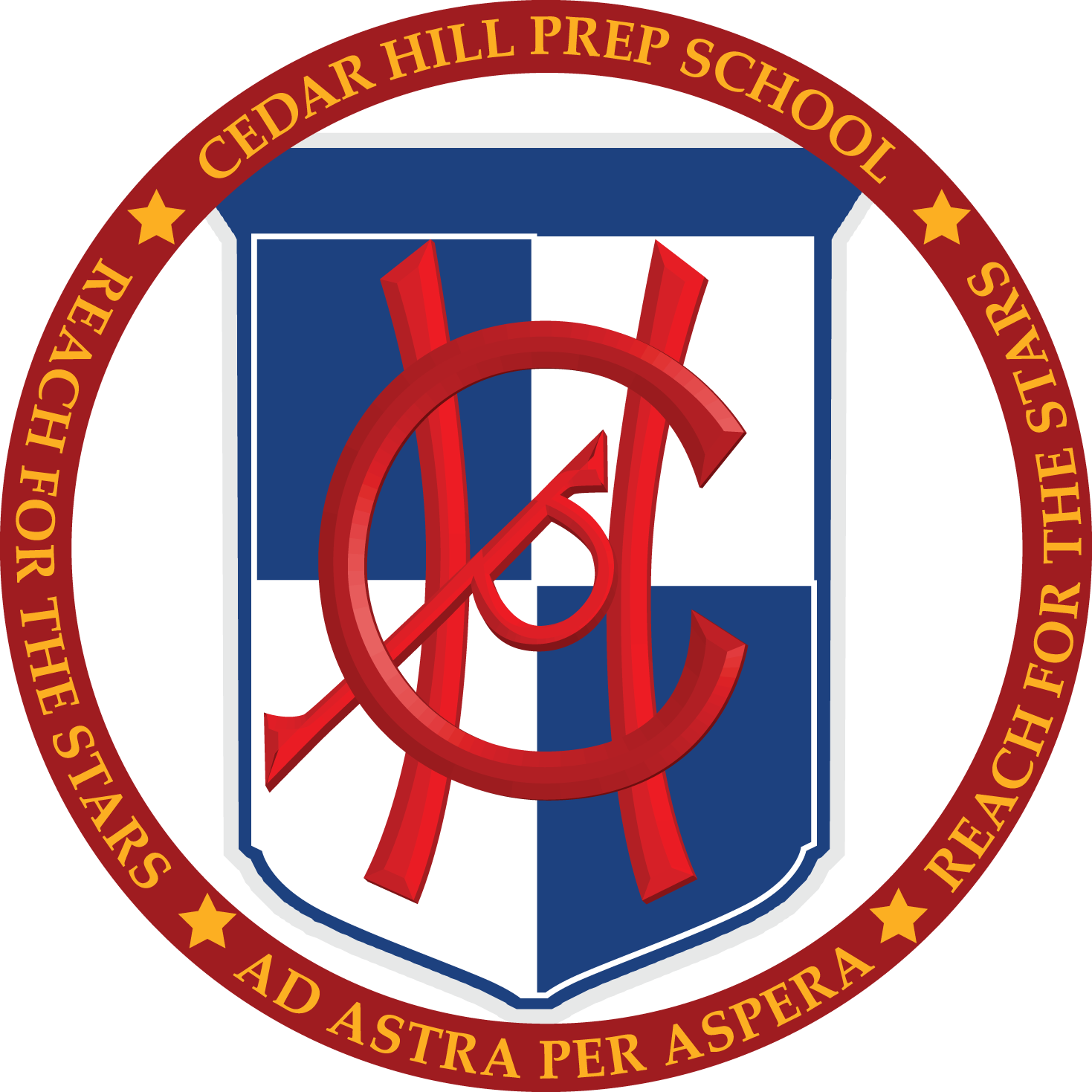Life-Long Success in Preschool. In the past few blog posts of our series “Creating the foundation for life-long success in Preschool” we have explored how children learn at an early age how to follow a routine, take responsibility, and social skills. We also looked at 21st-century life skills and how Preschools can teach them.
Today, we are concluding our series by examining early education from an academic perspective and how the quality of the teaching can impact your child’s learning.

Life-Long Success in Preschool | Academic Curriculum
The Cedar Hill Prep Preschool and Junior Kindergarten curriculums consist of universal building blocks such as the alphabet (upper and lower case) and numbers 1-31 (Junior K). However, it goes far beyond just letters, shapes, and numbers. We learn a lot about seasonal lessons that reflect the weather, different cultures, foods, activities, ideas & concepts to observe and connect to the world beyond the home and classroom. For example, children are asked to bring an object that starts with the letter of the week.
Life-Long Success in Preschool | The Continuity Effect
Another way to ensure academic excellence is to have a continuity effect throughout a student’s life at the school. This is a way for teachers to build a tight support system from year to year that charts each child’s unique needs, strengths and weaknesses. In other words, if a teacher sees that a child struggles in connecting the sound of the letter with the letter, she can let the Spanish teacher know. The teachers will collect copies of milestone projects in a cumulative folder, including report cards, that documents each student’s progress. This is largely done through staff communication. But parents are included as well — they receive a daily or weekly sheet (depending on the class) as well as videos and pictures throughout the week.
Quality of Teaching
It goes without saying the quality of teaching is a vital criteria for choosing the right preschool. Since there is a proven connection between quality of learning and smaller class sizes, Cedar Hill Prep, for example, only allows 15 students maximum. The average number of students is 11.
If you have a child enrolled in our school, or you have ever visited our school on a private tour, you will know how passionate our teachers are! Their dedication to the children’s education and well-being is par to none. Of course, all teachers are certified and have years of experience. But best of all, our teachers are parents themselves and know how important their job is for your child’s future.
Conclusion
Ultimately, as a parent, it is up to us to make the best decision we possibly can. Choosing a preschool is hard, but it is crucial to understand how much depends on choosing the right one as it lays the foundation for your child’s academic success and helps mold his or her personality.





